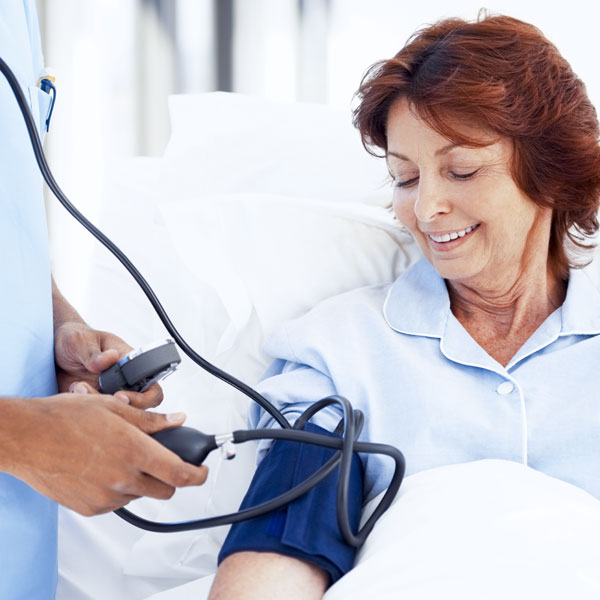Our radar is always on in general practice for “red flag symptoms”.
Some of these are obvious, like bleeding, jaundice or particular types of pain. Some are more subtle hints of underlying serious diseases that may not be immediately obvious, but can be catastrophic if they are overlooked.
In recent years there has been a renewed focus on the awareness of heart disease in women. This is because one in three women doesn’t demonstrate the “typical” symptoms of heart disease that have traditionally been applied to men.
The symptoms experienced by women are often vague and non-specific, so they may not trigger a visit to the doctor or emergency department.
Rather than the classic gripping left-sided chest pain we usually associate with a need to rush to hospital with suspected heart attack, women might experience neck or jaw tightness, dizziness, vomiting, fatigue, sweating, palpitations and shortness of breath. Any chest pain may be described as a tightness or pressure.

The result of a delay in diagnosis and treatment is that 40 per cent of heart attacks in women are fatal, and every day, eight women lose their lives to heart disease in New Zealand. Symptoms are even more likely to be ignored or dismissed by younger women who do not believe they could be at risk.
According to Professor Bob Graham of the Victor Chang Cardiac Research Institute at Sydney’s St Vincent’s Hospital, “We are also seeing an increasing trend of young, pre-menopausal women experiencing heart attacks. There are quite an alarming number of young females who smoke, are overweight and have other risk factors that significantly increase their risk of developing heart disease. It’s extremely important that women are aware of their risk factors and talk to their doctor.”
Women’s heart attack symptoms may actually occur more often when they are asleep or resting, and can even be triggered by stress.
I often find female patients get quite a shock when they find out they have hypertension, and then we need to have a detailed conversation about how to reduce their overall risk, including medications and changing some habits like poor diet or lack of activity.

Are you at risk of a heart attack?
It is essential to understand your risk factors for heart disease because they can determine the likelihood of you having a heart attack. Many of the risks can be monitored and modified.
Hypertension (high blood pressure), the most significant risk factor for heart disease, is two to three times more common in women than in men and becomes more common with age. It has been estimated that more than half of women over 55 have hypertension and many do not know their blood pressure is high.
Obesity and physical inactivity increase the risk of diabetes, and diabetes increases the risk of heart attack by three to seven times in women, compared with two to three times in men.
Other risk factors to be aware of include:
High cholesterol
Stress and depression
Smoking
Inactivity
Menopause
Pregnancy complications
Your GP can arrange investigations to assess your risk of heart disease and may arrange cardiac testing such as exercise stress testing or a CT scan to measure the state of plaque in your coronary arteries.
How to protect your heart
Have your blood pressure checked at each visit to your GP, or once a year, and check for diabetes.
Keep alcohol to a minimum.
Watch your weight.
Check if any medications or over-the-counter preparations might increase your blood pressure (such as non-steroidal anti-inflammatory drugs).
Eat foods rich in nutrients including plant-based foods (fruit, vegetables and wholegrains) and omega-3 rich fish.
Eliminate animal fats, trans fats and added sugars.
Avoid salt in processed foods or added to your meals.
Reduce stress and take care of your mental health.
.jpg)


